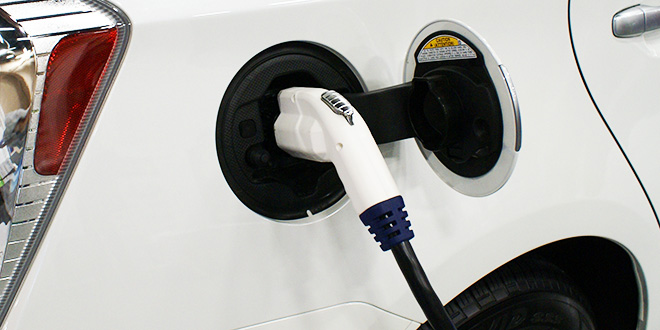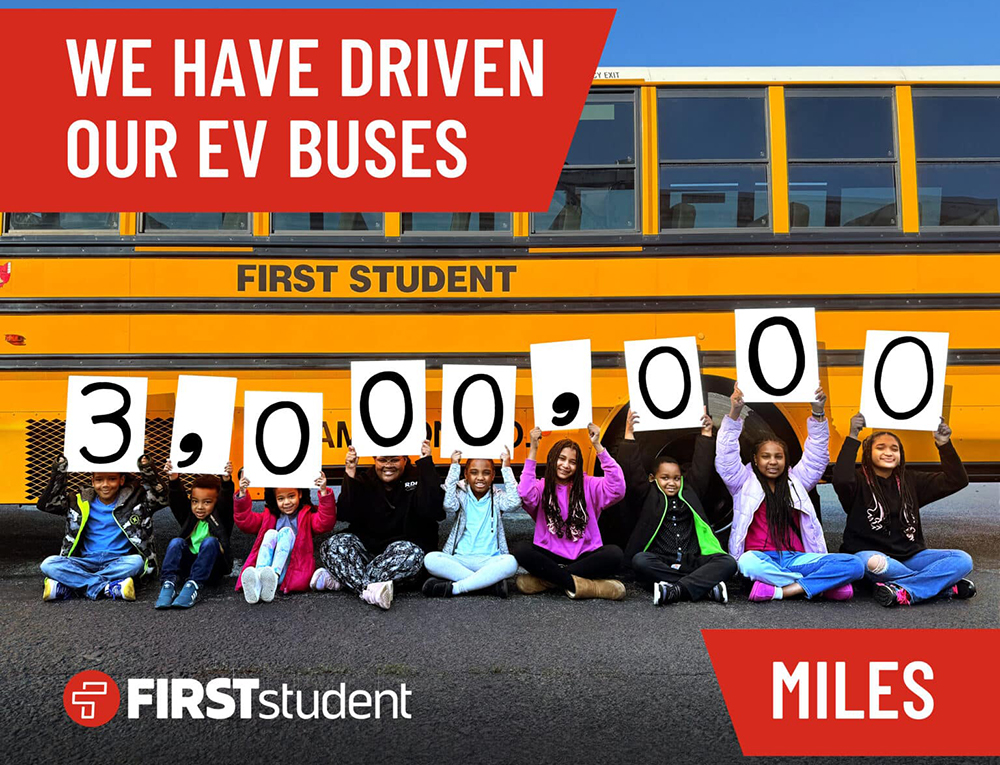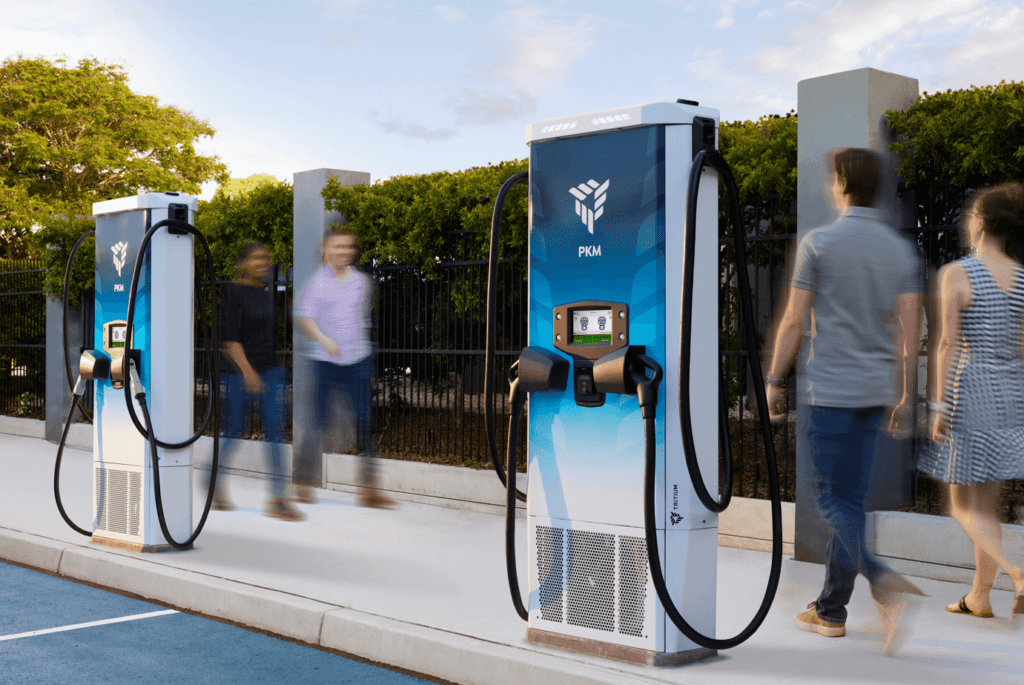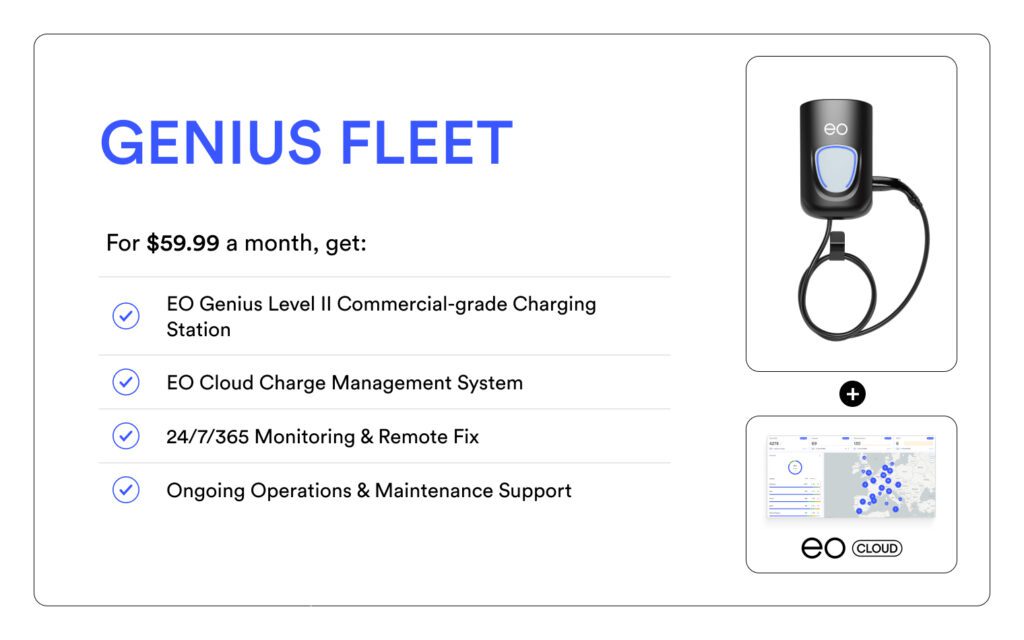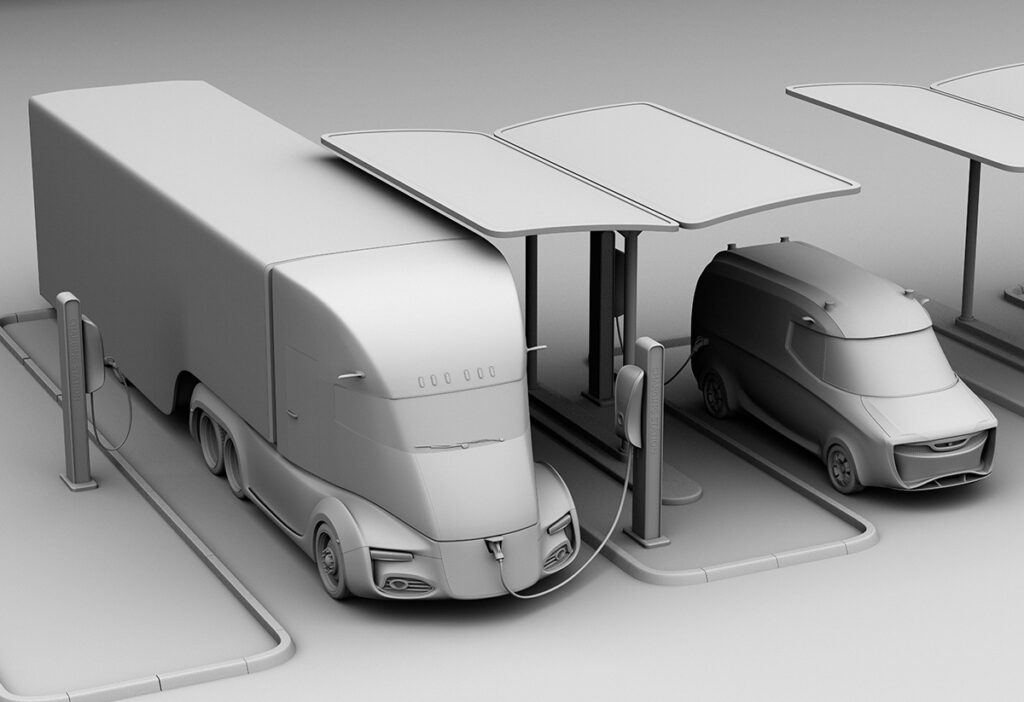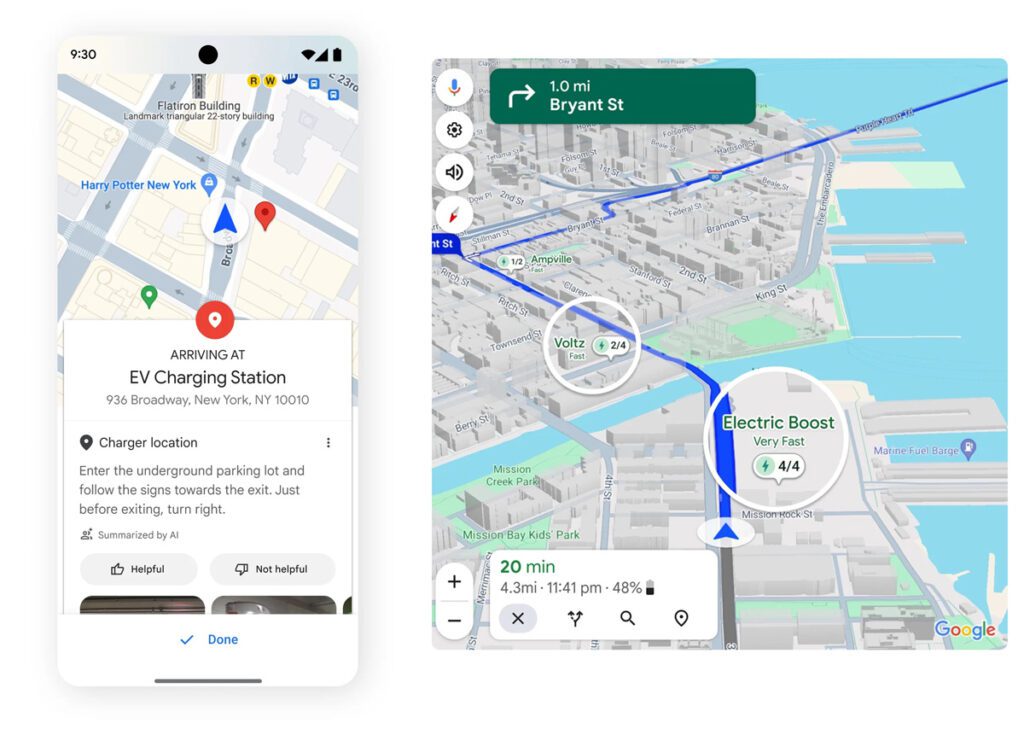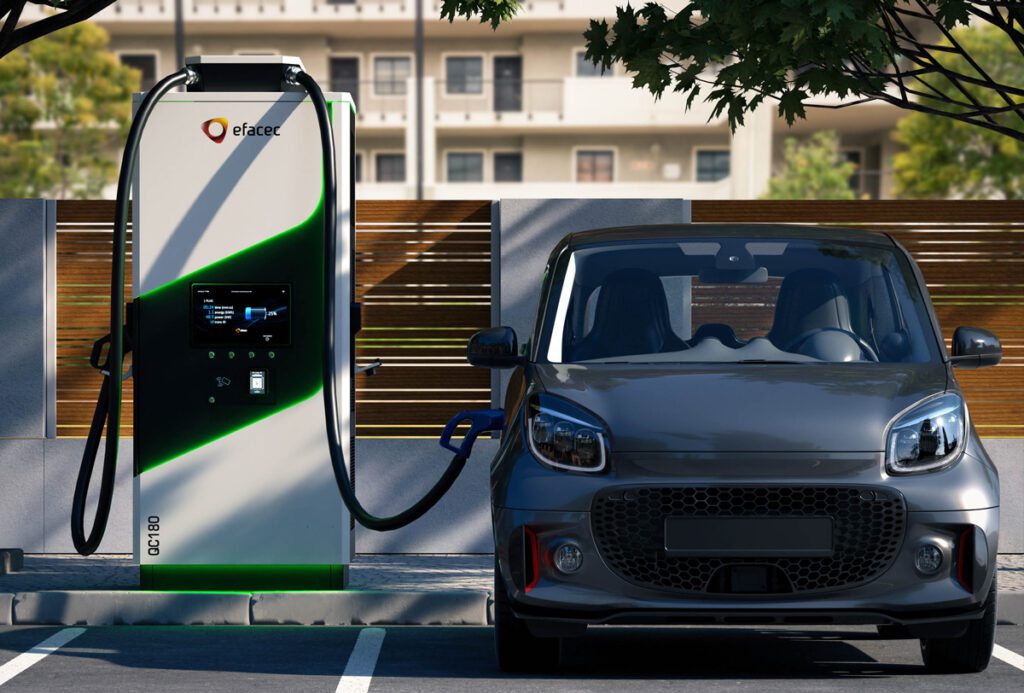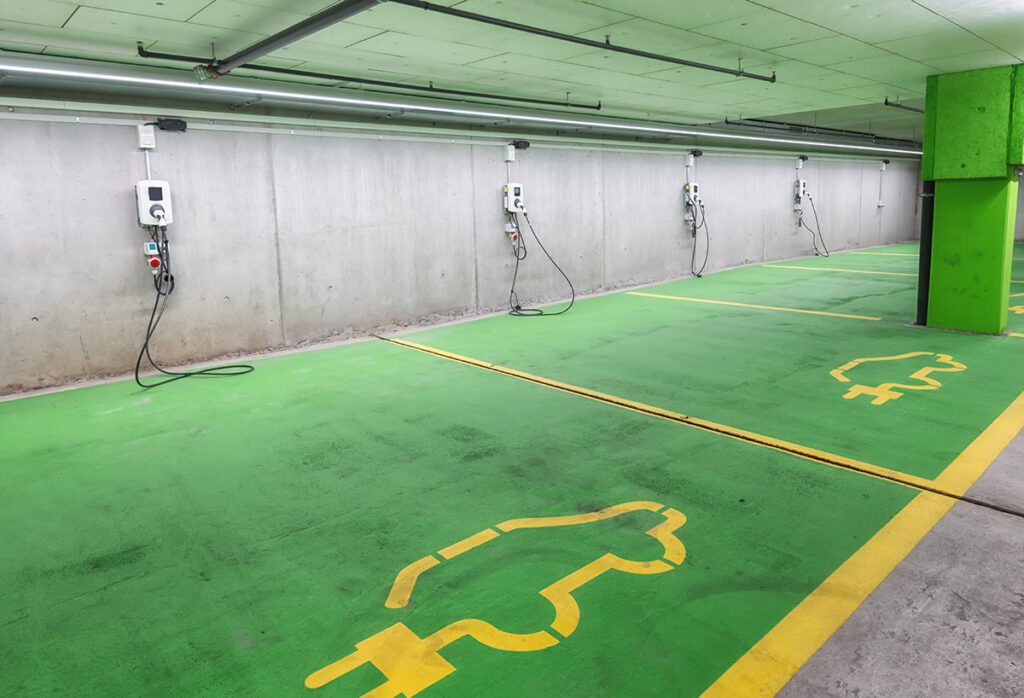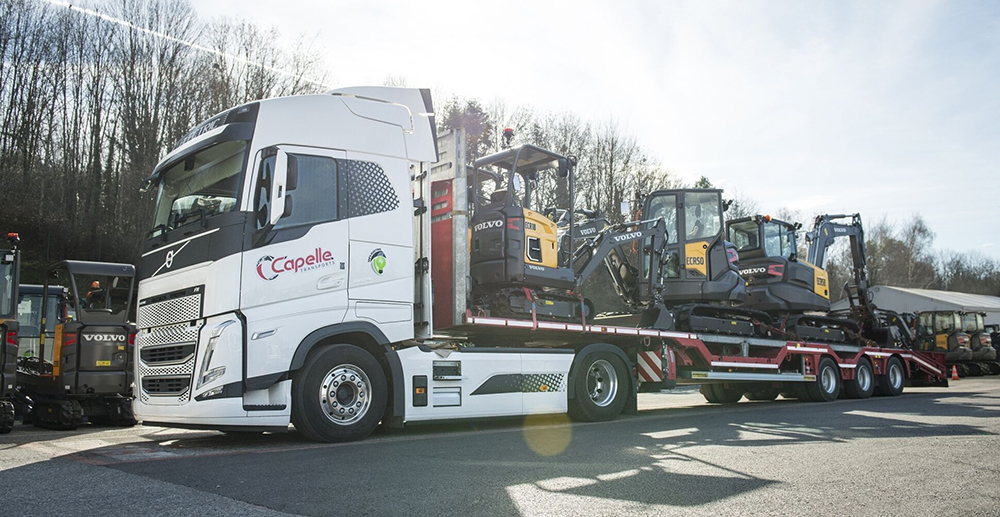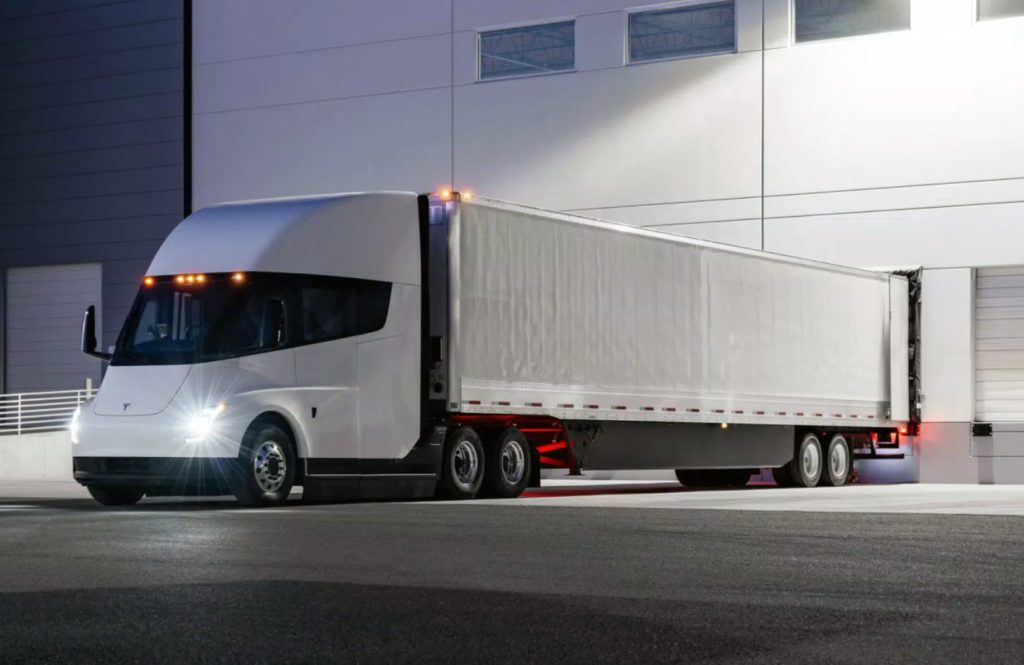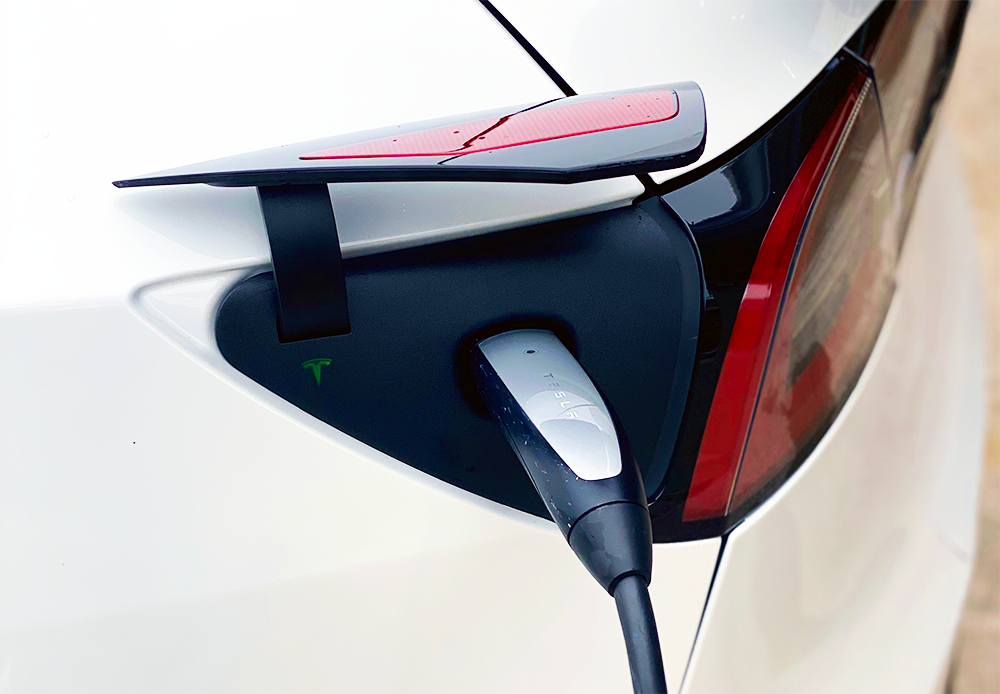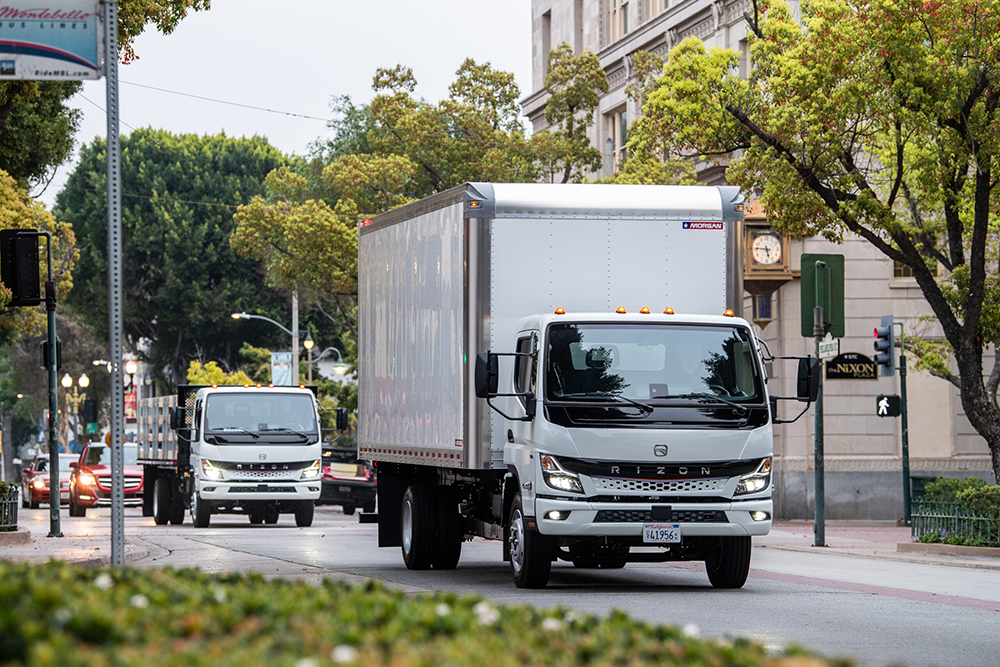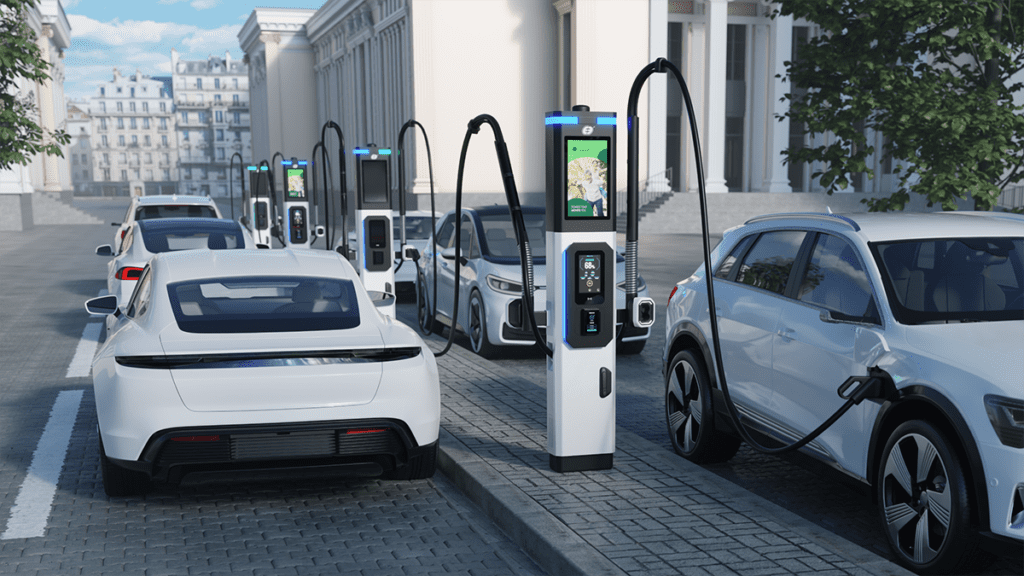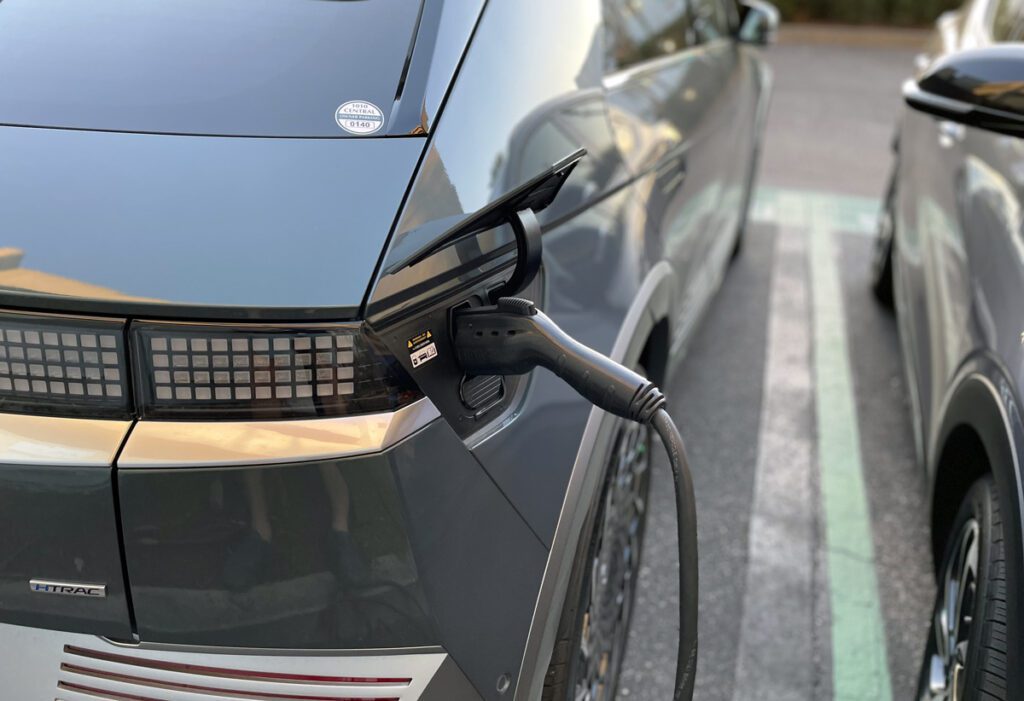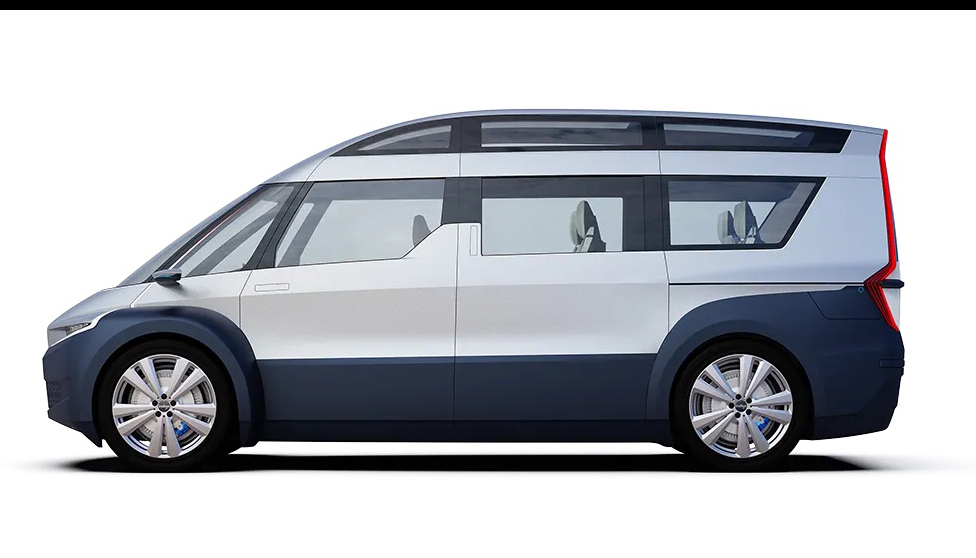Several countries and US states have established, or are considering, renewable portfolio standards, which require a certain percentage of the electricity supply to come from renewable sources. A new study from the University of California Irvine investigates the connection between a renewable portfolio standard (RPS) and intelligent EV charging.
In “Charging a renewable future: The impact of electric vehicle charging intelligence on energy storage requirements to meet renewable portfolio standards,” published in the Journal of Power Sources, Kate E. Forrest and colleagues examined how the intelligence of EV integration could impact the required capacity of energy storage systems to meet renewable targets, using California as an example.
They found that, given an RPS of 80% in 2050, immediate charging of EVs would require a stationary storage network with a power capacity of 60% of the installed renewable capacity and an energy capacity of 2.3% of annual renewable generation.
However, with smart charging of EVs, required power capacity would drop to 16%, and required energy capacity to 0.6%. With vehicle-to-grid (V2G) charging, stationary storage systems might not be required at all.
The study points out that the required capacity of stationary energy storage is directly tied to the scale and time profile of excess renewable generation. The power capacity of available energy storage corresponds to the peak power level of renewable curtailment. Smart charging reduces the power difference between load and generation during peak curtailment, reducing the power capacity of storage required compared to immediate charging. Intelligent EV charging allows for better alignment of renewable generation and load profiles, decreasing both the power and energy capacity of storage required to reach a given RPS target.
“If vehicle charging loads can be shifted to more closely align with renewable generation, it can allow the system to capture otherwise curtailed renewable generation,” write Forrest et al. “Intelligent charging can [also] reduce the amount of renewable generation that needs to be shifted to meet electricity demand, which can reduce the required capacity of energy storage systems needed to meet a renewable energy utilization target.”
Source: University of California Irvine via Green Car Congress



